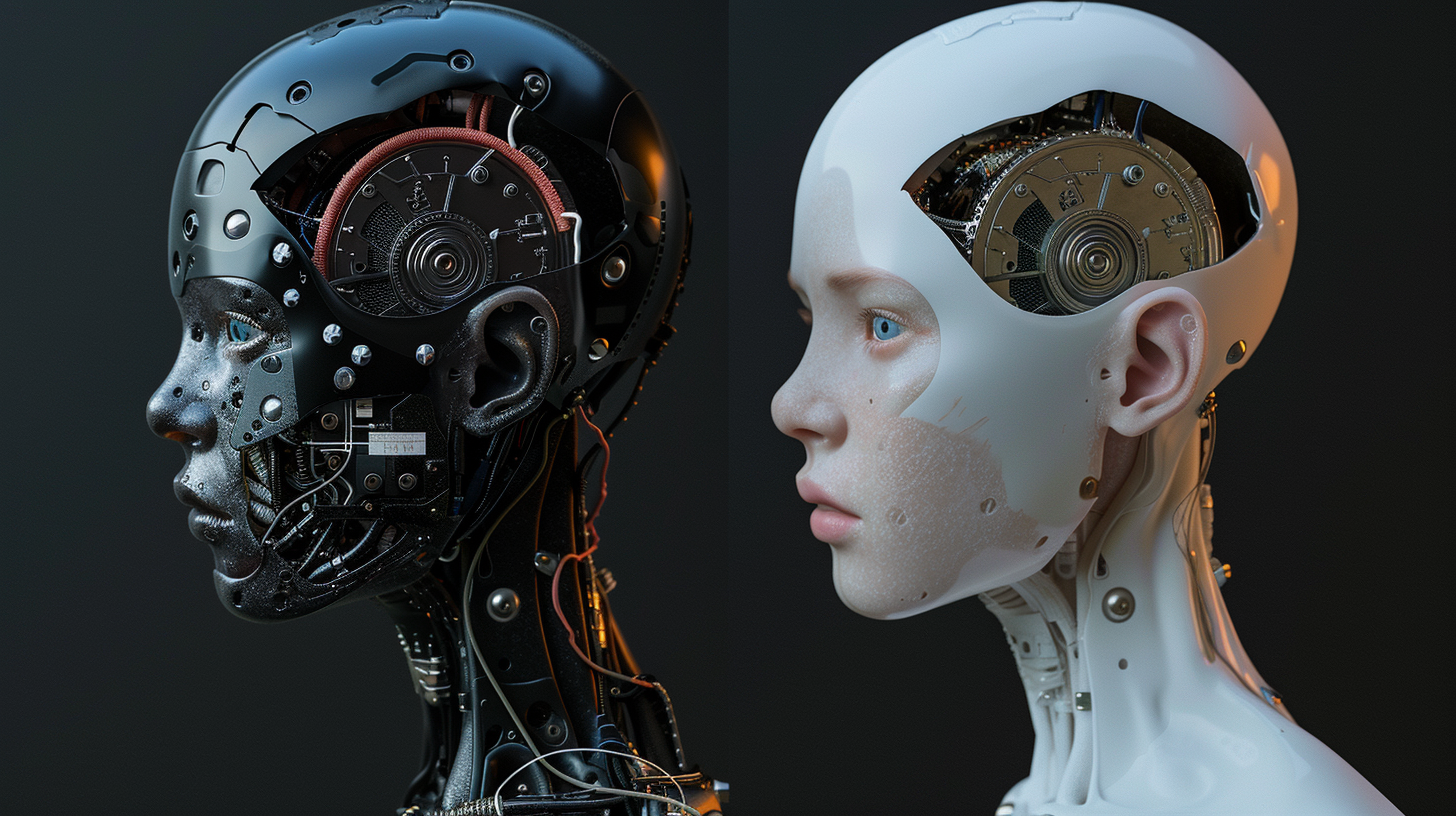Open Source AI Revolution - A Path to Innovation and Collaboration
Open source intelligence (OSINT) and open source AI are reshaping how we approach technology. By making AI models and algorithms publicly available, open source AI breaks down barriers to entry, allowing for a more inclusive and innovative technological landscape. Here are some key advantages

A significant shift is underway. The move towards open source AI is not just a trend; it's a revolution that promises to democratize AI technology, making it more accessible, transparent, and collaborative. As we navigate this transformative period, it's crucial to understand the implications of open source AI for businesses, developers, and society at large. Here's why embracing open source AI could be the game-changer we've all been waiting for.
The Power of Open Source AI
Open source intelligence (OSINT) and open source AI are reshaping how we approach technology. By making AI models and algorithms publicly available, open source AI breaks down barriers to entry, allowing for a more inclusive and innovative technological landscape. Here are some key advantages:
- Cost-effectiveness: Open source AI solutions are significantly less expensive than their proprietary counterparts, making advanced technology accessible to smaller organizations and individuals.
- Flexibility and Agility: The open nature of these solutions enables a more agile approach to problem-solving, with multiple ways to address challenges.
- Transparency and Security: Public access to source code enhances security by allowing a broader community to identify and fix vulnerabilities.
- Community and Collaboration: Open source AI fosters a vibrant community of users and developers, leading to faster updates, improvements, and a collective push towards innovation.
Major Players and Advocates
Prominent organizations and individuals are championing the open source AI cause. Companies like Meta (Facebook) and IBM, along with startups such as Hugging Face and Mistral AI, are at the forefront, advocating for an "open-science" approach to AI development. These advocates believe that open sourcing AI can accelerate innovation, improve transparency and safety, and make AI more accessible to a broader audience.
The SWOT of Open Source AI
Let's do a quick SWOT analysis:
- Strengths: Cost-effectiveness, flexibility, transparency, and community support.
- Weaknesses: Challenges include potential quality issues, difficulty in monetizing, and lack of commercial support.
- Opportunities: Advancing the field, improving accessibility, fostering collaboration, and driving industry standards.
- Threats: Competition from proprietary solutions, fragmentation, sustainability concerns, and regulatory uncertainty
Ethical Considerations and Societal Impact
The transition to open source AI brings to the forefront ethical and societal considerations. While the openness fosters a platform to address biases and ethical dilemmas, it also raises concerns over potential misuse. Striking a balance between innovation and ethical responsibility is paramount to leveraging open source AI for the greater good.
Conclusion
The open source AI revolution is setting the stage for a future where technology is more accessible, transparent, and collaborative. By embracing and contributing to this movement, we can collectively drive innovation and ensure that the benefits of AI are realised across all sectors of society.
What's your take on the impact of open source AI in the coming years?
